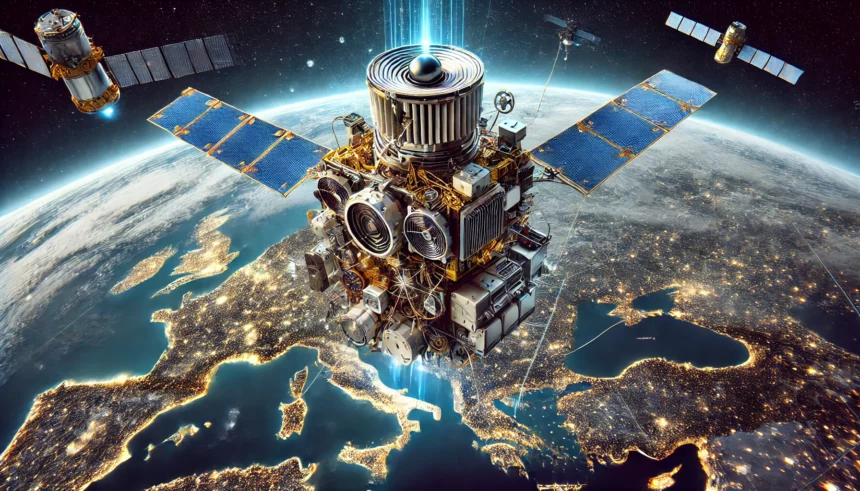Transforming Satellite Navigation Through EU Innovation
A new project funded by the European Union, known as the INPHOMIR project, is set to revolutionize the field of satellite navigation. With a substantial investment from Horizon Europe—a key EU funding program dedicated to research and innovation—the project boasts a budget of approximately 5 million euros ($5.38 million). The INPHOMIR project aims to develop two groundbreaking sensor technologies: an optical gyroscope and a specialized lidar sensor, both designed for ultra-low-power consumption. These advanced sensors are expected to significantly improve the precision and durability of satellite navigation systems, especially under adverse conditions like fog, dust, or low visibility where traditional systems falter.
Enhancing Space Missions with Cutting-Edge Technology
The focus of the INPHOMIR project is not only on enhancing current satellite capabilities but also on paving the way for future space and interplanetary missions. By utilizing indium phosphide, a material renowned for its efficiency in photonic integrated circuits, the project aims to reduce the size and weight of these sensors while increasing their functionality. Photonic integrated circuits are crucial as they use light to transmit and process information, which is particularly useful in space applications where efficiency and speed are paramount. Daniele Palaferri, the project coordinator, emphasized the importance of these developments, stating, “The advanced sensing technologies we are developing will hopefully enhance the accuracy of satellite positioning, improve navigation for interplanetary missions, and ensure the success of space exploration.”
Broader Applications and Future Prospects
The technological advancements from the INPHOMIR project hold promise not only for space exploration but also for terrestrial applications such as drone technology and autonomous vehicles. The precision and resilience of these new sensors can potentially allow drones to operate longer and travel further, and enable self-driving cars to navigate more safely and reliably. As the demand for satellite-based services like communication, navigation, and remote sensing continues to surge, the need for robust navigation technology becomes more critical. This is particularly true as the number of operational satellites increases, making navigation more challenging and raising concerns about space debris.
Navigating Challenges and Looking Ahead
The growing problem of space debris, including spent rocket stages and defunct satellites, adds another layer of complexity to satellite navigation. The sensors developed by the INPHOMIR project could provide solutions by enhancing the tracking and management capabilities of new satellites, potentially mitigating collision risks and contributing to safer space operations. Looking forward, the project’s success could set a new standard for satellite technology, influencing future European space missions and positioning the EU as a leader in space technology innovation.
For more detailed insights into Horizon Europe and its initiatives, click here.















